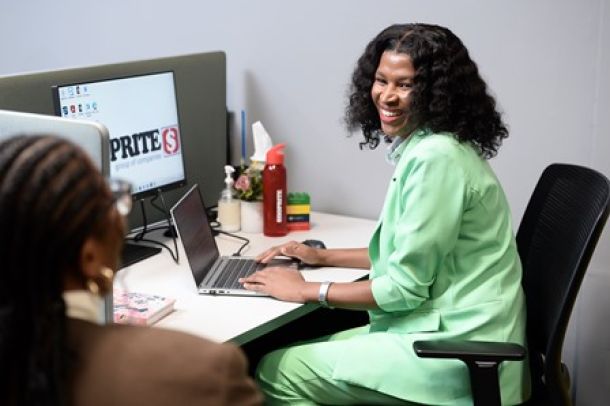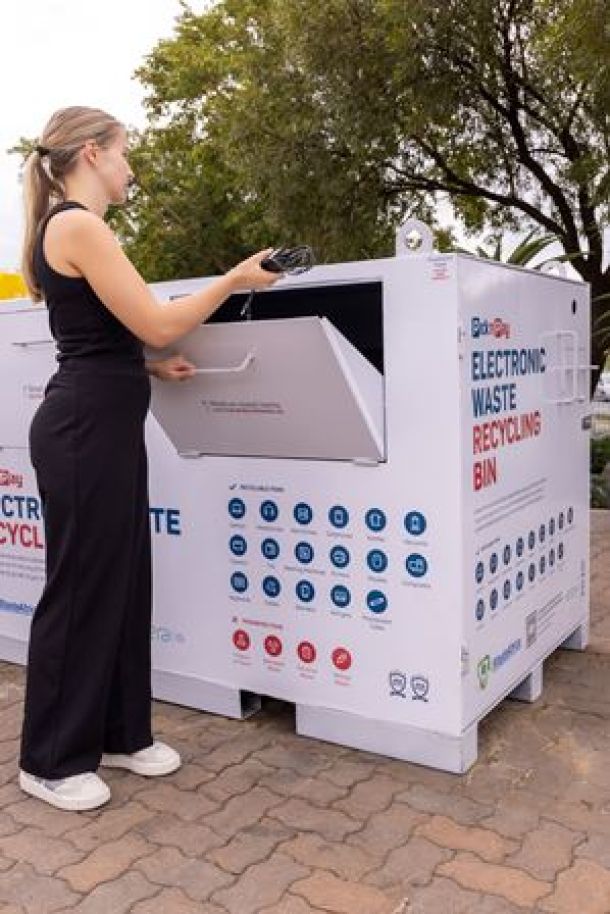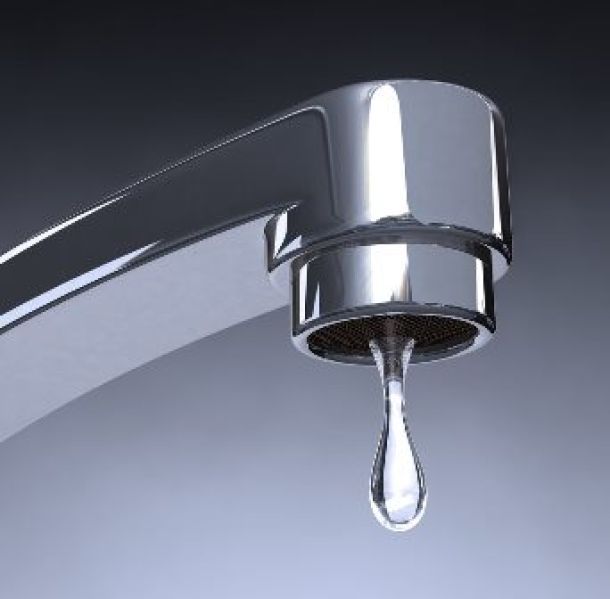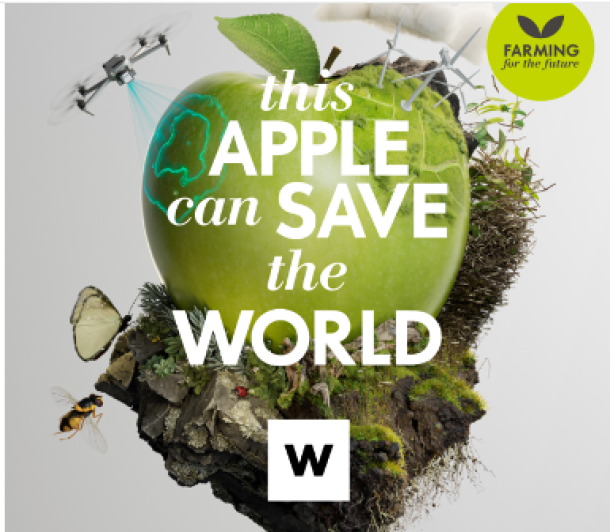Iceland and Co-op back deposit return scheme on plastic bottles
Two major supermarkets are backing a small deposit scheme on plastic bottles in a bid to cut down on the amount of rubbish making its way into our oceans.
It is the first time UK supermarkets have come out in support of the idea and campaigners
Iceland and the Co-operative have said that introducing the idea will benefit the long-term sustainability of the planet, despite having an impact on their production costs.
A deposit return scheme (DRS) would mean consumers get their money back when they bring back their empty plastic bottles.
In other countries, a similar scheme has boosted recycling rates and the Scottish government has already committed itself to introducing one.
But this is the first time supermarkets in the UK have ever come out in support of the idea and campaigners believe it will help to cut pollution on our beaches.
Richard Walker, director for sustainability at Iceland Foods, told Sky News: "Every minute, a truckload of plastic waste enters our oceans. In Britain, we are failing to recycle up to 16 million single use plastic bottles every day.
"Deposit Return Schemes work. In Norway theirs has led to 96% of all bottles being returned, with similar results in other countries that have adopted a DRS. Britain urgently needs to do the same.
Meanwhile, Jo Whitfield, retail chief executive at the Co-op, said: "We are committed to ensuring all of our own packaging will be recyclable and we are firm supporters of initiatives designed to boost recycling levels.
"The Co-op is in favour of creating a deposit return scheme which increases the overall recycling of packaging and significantly reduces litter and, importantly, helps tackle marine pollution."
Greenpeace has welcomed the move, saying it is now time for other companies to follow suit.
The announcement comes as campaigners warn that the amount of rubbish on UK beaches has gone up 10% in the last year.
Figures for 2017 found that on average, 718 bits of litter were collected from each 100 metres cleaned.
"On the go" items such as drinks cans, bottles and stirrers represented 20% of the rubbish found.
Lizzie Prior from the Marine Conservation Society told Sky News that they want to go even further than cracking down solely on plastic bottles.
She said: "The 5p single-use carrier bag charge has made a massive difference to the number of plastic bags entering our seas.
"If a levy was placed on single-use plastic such as straws, stirrers, cutlery, cups and cup lids, we're confident that we'd find fewer of these items on our beaches."
Experts are warning that our oceans are choking in plastic.
It is estimated between 4.8 million and 12.7 million tons end up in the world's oceans every year and new evidence suggests it is entering the food chain, with unknown health effects.
Since February, Sky News has been campaigning for a deposit scheme on bottles to protect our beaches.
Last month, the Government confirmed it was working with the industry to see how it could work in practice.
And now the idea has the backing of two of Britain's best-known supermarkets, it could be a little closer to becoming reality.
:: Sky has been running a campaign to make people more aware of the effect plastic has on the world's oceans and to share ways of tackling the problem. To get involved in Sky Ocean Rescue, visit the campaign website here. You can also watch our documentary, A Plastic Voyage.
News Category
- International retailers
- On the move
- Awards and achievements
- Legislation
- Wine and liquor
- Africa
- Going green
- Supplier news
- Research tools
- Retailer trading results
- Supply chain
- Innovation and technology
- Economic factors
- Crime and security
- Store Openings
- Marketing and Promotions
- Social Responsibility
- Brand Press Office
Related Articles

Pick n pay upcycles air-conditioning systems, s...

Shoprite Group opens pathways to job opportunit...

Pick n Pay empowers shoppers in the fight again...

Massmart implements early leak detection techno...


